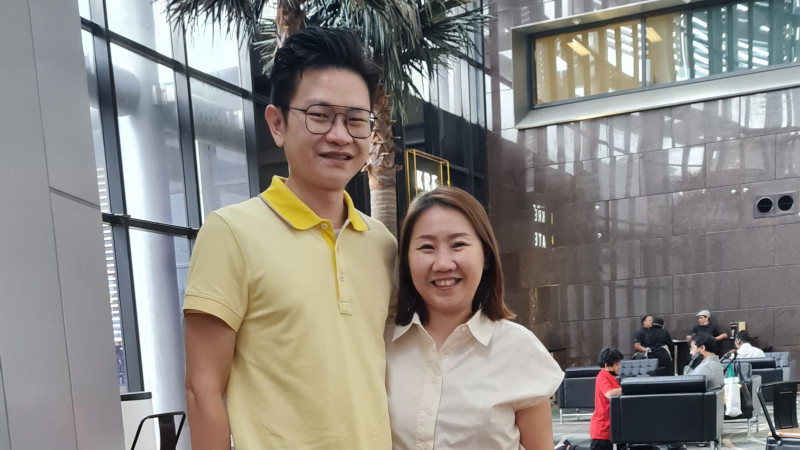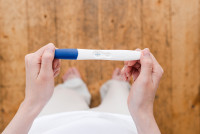THE notion of being diagnosed with breast cancer – or any other type of cancer, for that matter – can be daunting for most people. However, the truth surrounding this topic may not be as bleak as it seems. It is natural for humans to expect the worst, but life is rarely so unforgiving.
In conjunction with Breast Cancer Awareness Month, which is October, The Vibes set out to uncover the possible reasons behind the lowering age of breast cancer diagnoses amongst women, and to seek a better understanding about how breast cancer and its treatments affect fertility and the possibility of starting a family.
Lim Soh Ngee, nicknamed Sonie, is a vibrant woman who also happens to be a stage-three breast cancer survivor.
Sonie was only 30-years-old when she was first diagnosed with the disease in 2012. Immediately, she underwent a mastectomy, followed by chemotherapy for five years. At that time, having children was not her main focus. Nonetheless, in case she would change her mind, she froze her eggs via cryo freezing after consulting with her doctors. The thought of actually conceiving children could only come in 2017 after she had completed her treatments.
Being a survivor of breast cancer never dampened her desire to start a family. Although her first attempt via in-vitro fertilisation (IVF) did not succeed, she gave natural conception a shot.
Now, she and her husband have two children together, born in 2018 and 2020. Previously a workaholic, she now has her own company to slow down her pace, allowing her to recuperate and make time for her family.
Sonie received endless support from the people around her. In addition to her husband, she also received guidance and comfort from her support groups. Together, they were her pillars of strength during her treatment.
Sonie, like other new breast cancer patients, had concerns as to how her various treatments might affect her life moving forward. Fortunately, her doctor, Dr Harjit Kaur Perdamen from Prince Court Medical Centre, was with her throughout her whole journey of recovery.
Alongside Sonie, The Vibes also had the privilege of interviewing Dr Harjit in shedding some light on coexisting with breast cancer and the misconceptions surrounding it.
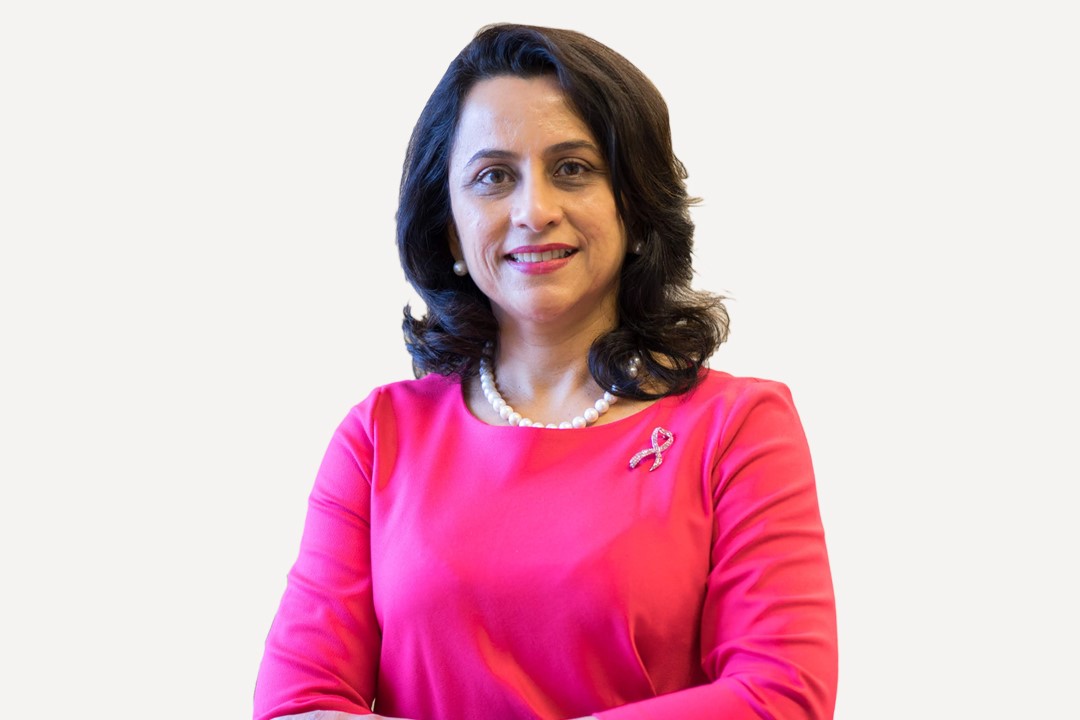
Breast cancer and infertility
Dr Harjit explained to The Vibes that when a young woman is diagnosed with breast cancer, it is often aggressive form of the disease. To counter this, the treatments are aggressive too. This includes requiring chemotherapy, hormonal, targeted, and radiation therapies. However, these treatments may impact the patient’s fertility.
“These treatments are what affects fertility as they damage the functions of the ovaries, not cancer itself. (Whether infertility is temporary or not) depends on the patient, and how strong their ovaries’ recovery is. But, it is not something we can predict, as there are many variables.
“Nonetheless, if a patient wishes to start a family post-treatment, there are numerous methods to do so,” she added.
Breast cancer in younger women
Young women being diagnosed with breast cancer has been prevalent lately. Dr Harjit said that though the leading cause is still yet unidentified, genetics only plays a minute role.
“It is a multi-factorial circumstance, it is not just because of one particular reason. Yes, genetics plays a role, but only a small role of about 10%. The vast majority of breast cancer is sporadic, there are no genetic predispositions involved,” she added.
Ways to lower breast cancer risks are to get enough nutrients and rest. However, life tends to be fast-paced for the younger generation. When asked whether the lifestyle differences between generations play a part in causing the diagnosis in younger women, Dr Harjit responded that it is a possibility.
“It is a price we’re paying for technological advancement, the younger generation is becoming more tech-dependent, and all these things are generating some form of radiation.
“Life is becoming fast and simple, compounded by no proper diet and exercise, and lack of sleep. People are forgetting their cycles when they should be sleeping and when they should be awake since there is access to cyberspace all day.
“Though it is impossible to escape this, what we can do is take a step back (and revert to a healthy lifestyle),” she added.
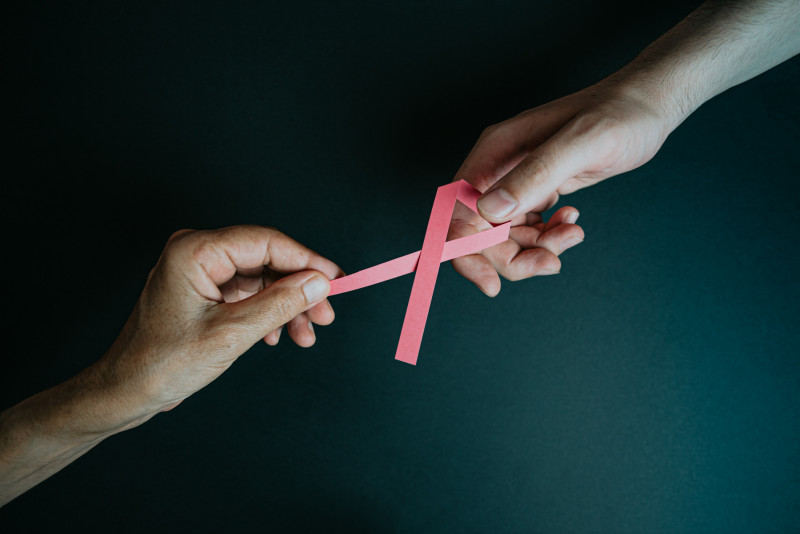
Breast cancer recurrence and inheritance
There is no real data to show that pregnancy could increase the likelihood of cancer recurrence. The probability for breast cancer to recur for a pregnant woman isn’t that much different than for a woman who isn’t pregnant.
A person with a family history of breast cancer may not absolutely inherit it. That being said, a healthy lifestyle does not guarantee the person’s future generations will have a reduced risk of getting breast cancer.
Though a cancer survivor’s waiting time before starting a family is arbitrary, most surgeons recommend waiting for at least one year after treatment. By then, the body should be free from the residual toxicity of chemotherapy that could affect the baby.
Diagnosis when pregnant
Women with breast cancer whilst pregnant are often diagnosed late. This is due to the change in the breasts during pregnancy. The cells begin to hypertrophy and get congested with fluid. There is also a possibility of misdiagnosis.
According to Dr Harjit, it is important to conduct ultrasounds, as they may give you a rough idea of whether the lump is from lactating or something else. If necessary, it will be followed by biopsies.
Recommended treatments during pregnancy
The stage of a patient’s pregnancy – first, second, or third trimester – determines the management plan for her breast cancer treatment.
If a woman is diagnosed during the first trimester, the management will be more delicate. Surgery is possible, but chemotherapy is not during this trimester as it negatively affects the fetus.
“It is the most difficult phase, as usually, we have to provide counselling for the patients to terminate their pregnancy. Otherwise, they will jeopardise their own health as well,” Dr Harjit told The Vibes.
Chemotherapy poses fewer risks during the second trimester onwards, as the fetus is already formed. Doctors give patients chemotherapy and surgery, and proceed to radiation therapy after birth.
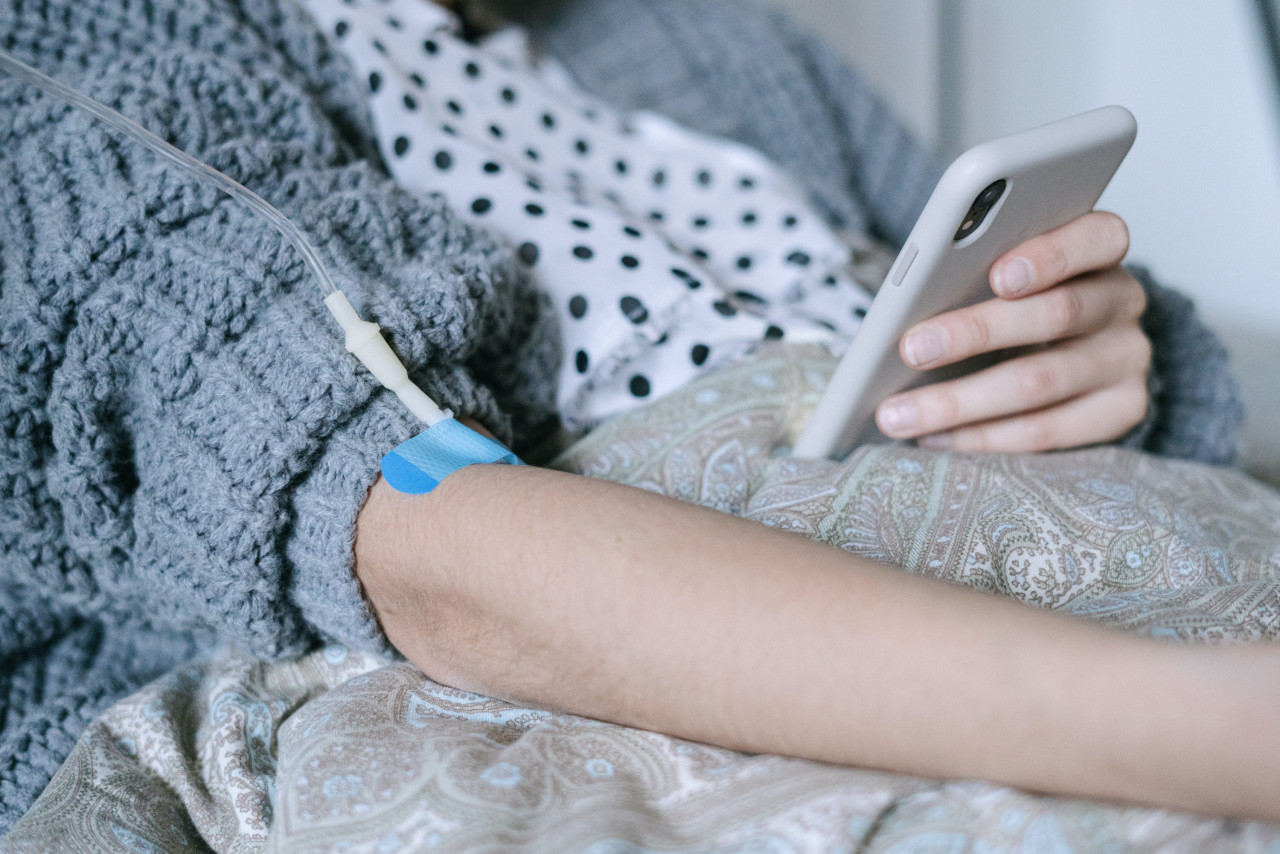
Breastfeeding
Breastfeeding does not risk the mother or the child, granted the mother is not undergoing chemotherapy at that time. Once the mother completes her treatment, breastfeeding is not a problem. The only consideration is whether they have colostrum.
***
The biggest advice Sonie gives is to always have consistent communication with your doctors. This process is not taken alone, the doctor will be with you throughout your journey.
She also noted the significance of being properly insured. Cancer, or any other disease, may come out of the left field. It is always better to be prepared before anything happens.
The practicality of Sonie’s advice is balanced with Dr Harjit’s heartening perspective;
“There is no reason why you cannot start a family, whether you’re a survivor or have just been diagnosed. It is a disease that you can overcome when treated properly.
“There is life after cancer, it is not the end of the world. If you get treated early, you can have a long and blessed life. It might be hard at first, but it will be smooth sailing.
“I have so many patients who have had children after being treated. Everyone has an exciting life up ahead,” she added. – The Vibes, October 15, 2022



